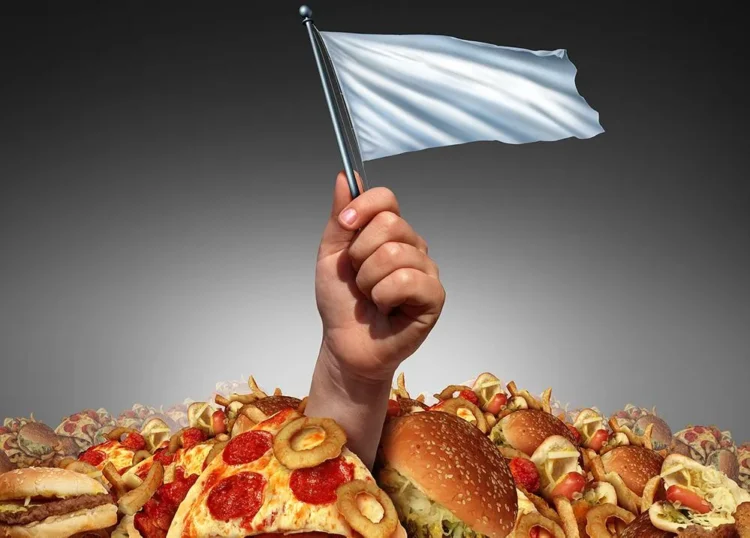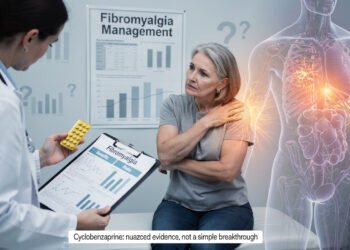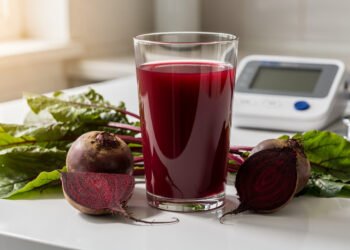Binge eating disorder was a diagnosis formulated in the Diagnostic Statistical Manual, 5th edition (DSM5) and represents a step forward towards the formal recognition of food addiction. This term itself is now rendered problematic by DSM5’s change from the term addiction to the term substance use disorder.
The advent of DSM5 has heralded a re-evaluation of the diagnosis of food addiction. The following criteria for food addiction have been proposed as modifications of the current DSM5 criteria for substance use disorder
1. Food often consumed in larger amounts or over a longer period than was intended
2. Persistent desire of unsuccessful efforts to cut down or control food intake
3. Great deal of time is spent in activities necessary to obtain or overeat on foods or recover from its effects
4. Craving, or a strong desire or urge to eat specific foods
5. Recurrent overeating resulting in a failure to fulfill major role obligations at work, school, or home
6. Continued overeating despite having persistent or recurrent social or interpersonal problems causes or exacerbated by the effects of specific foods
7. Important social, occupational, or recreational activities are given up or reduced because of overeating on foods
8. Recurrent overeating in situations in which it is physically hazardous
9. Overeating is continued despite knowledge of having a persistent or recurrent physical or psychological problem that is likely to have been caused or exacerbated by overeating on foods
10. Tolerance defined as a need for markedly increased amounts of food to achieve desired effect or a markedly diminished effect with continued use of the same amount of food
11. Withdrawal defined as a withdrawal syndrome when refraining from eating specific foods or when specific foods are eaten to relieve or avoid withdrawal symptoms
The diagnosis of food addiction according to the above would require the presence of at least two symptoms, however, one of the criticisms of this rubric is the potential for overdiagnosis of food addiction, especially when one considers that non-obese patients who struggle with the cycle of overeating and dieting may endorse at least two criteria.
The Yale Food Addiction Scale version 2 (YFAS2) has been developed as a tool for the diagnosis of food addiction. It has thirty-five questions which are based on the current eleven substance use disorder criteria described by DSM5.
Obesity, food addiction and binge eating disorders can be seen to be closely related, but nonetheless distinct clinical entities each with their own diagnostic criteria.
Obesity is diagnosed when the body mass index is more than 30 kg/m2. Binge eating disorder is diagnosed when binges (consumption of large amounts of food in a limited time frame such as two hours) occur at least weekly for the last three months and where these binges are associated with a loss of control of eating and significant distress to the patient.
Using the YFAS2 the prevalence of food addiction in those with obesity ranges from 20-50%, in those with anorexia nervosa, 70% in those with anorexia nervosa, 80% in those with binge eating disorder and 95% in those with bulimia nervosa.
Therefore, the management of both obesity and binge eating disorder can be approached from the perspective of addiction treatment. Such paradigms already exist, e.g., “Food Addicts In Recovery Anonymous”. Whilst medication can play a role in the management of these conditions it is important to understand, identify and manage the underlying psychological issues that predispose to and perpetuate these food related behaviours. Failure to do so results in an ongoing cycle of emotionally driven overeating and self-loathing.
Food Addiction
ADVERTISEMENT


























